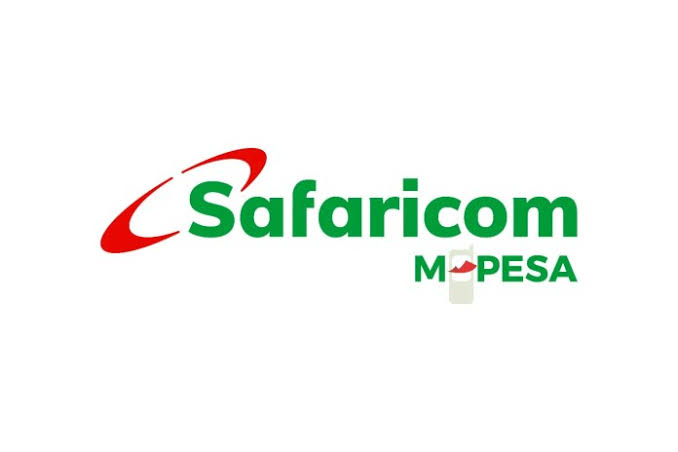Safaricom PLC has received approval from the Capital Markets Authority-Kenya (CMA) to enter the Money Market Fund (MMF) sector with the launch of its new product, Ziidi, which will be integrated into its mobile money platform, M-Pesa.
Amid ownership conflicts over its current Mali MMF, it partnered with Sanlam Investments East Africa, ALA Capital Limited, and Standard Investment Bank (SIB) rather than its initial partner, Genghis Capital Ltd.
In 2019, Safaricom partnered with Kenyan investment bank Genghis Capital to develop its first Money Market Fund (MMF), Mali.
Read also: Safaricom records KES 17.5 billion loss as Ethiopian birr depreciates
Genesis of the conflict
However, Safaricom and Genghis had a fall-out over Safaricom’s plan to integrate the three fund managers into the Mali MMF. In November 2024, Mali’s asset base reached KES 3 billion ($23 million).
According to reports on Wednesday,
SIB had registered Mali’s trademark name with the Kenya Industrial Property Institute (KIPI), while Genghis claimed to have introduced and applied for approvals of the product through the CMA regulatory sandbox, which led to the conflict.
According to the CMA, the sandbox is a customised regulatory setting that enables the live testing of cutting-edge capital markets-related goods, services, and solutions that have the potential to expand and deepen capital markets before going on sale.
Safaricom’s Ziidi to target low income earners
Safaricom’s Ziidi, which will be presented next week, will focus on Kenya’s growing retail investment market, which is being pushed by digital literacy and smartphone penetration. Compared to 30 million feature phones, Kenya has more than 35 million active smartphones.
By directing money market deposits into low-risk assets like government bonds and T-bills, Ziidi will compete with banks, insurers, and fintechs.
For savers who are unhappy with low bank rates, money market funds provide a low-risk alternative. By targeting unbanked and underbanked consumers using Safaricom’s network, Ziidi will broaden its financial offerings and diversify its sources of income outside of telecommunications.
“Zidi Money Market Fund is expected to empower unit holders by offering accessible and diversified investment options as part of the broader National Government’s financial inclusion strategy,” CMA said in a statement on Wednesday.
Mali has Sh3 billion in assets
Notwithstanding the controversy, Mali has expanded to manage Sh3 billion in assets by September 2024, making it the sixteenth largest collective scheme. Safaricom’s revenue for the six months ending in September increased from Sh6.2 million to Sh11.6 million.
While awaiting Central Bank of Kenya approval for a public debut, the fund, which permits minimal investments of Sh100 through M-Pesa, has mostly invested in government securities (Sh595.9 million) and fixed deposits (Sh1.5 billion).
Ziidi has not disclosed its tax obligations or interest rates. In contrast, Safaricom’s Mali product allows deposits starting at KES 100 ($0.77) and top-ups from KES 100 ($0.77) to KES 70,000 ($540), with a daily cap of KES 300,000 ($2320). Withdrawals from the M-PESA wallet happen instantly. The expenses include a 2% annual fund manager fee, a 0.2% trustee charge, a 0.25% custodian fee, and a 15% withholding tax on income produced.
Read also: Tranglo expands to Africa, brings cross-border payments to 7 nations
M-PESA’s remarkable achievements over traditional banks
M-PESA, Safaricom’s mobile money product, is the company’s largest source of service income; in the first half of 2024, it brought in KES 77.22 billion ($596 million).
In Kenya, M-PESA has played a significant role in promoting financial inclusion. The most recent Safaricom product included into M-PESA’s portfolio, Ziidi MMF, supports the mobile money product’s increasing service income to counteract difficulties in its SMS, data, and voice businesses.
The financial footprint of M-Pesa has expanded significantly; as of March 2024, customer deposits had reached Sh263.3 billion.
The platform handles enormous numbers of transactions; in the fiscal year that ended in March 2024, Safaricom’s M-Pesa revenue increased 19.5% to Sh140 billion.
In Kenya alone, 34.64 million people use the service monthly. M-Pesa has surpassed many traditional banks in terms of deposits, solidifying its position as a financial behemoth. It has deposits of Sh273.9 billion as of September 2023, which is comparable to Sh272.9 billion held by Stanbic Bank Kenya.
The platform’s 32.1 million active users outnumber those of traditional banks, which have 12 million customers served by Equity Bank and 5 million by Co-operative Bank.
















